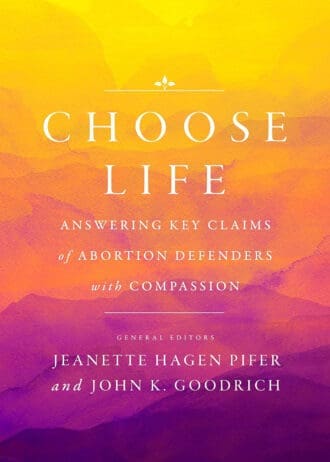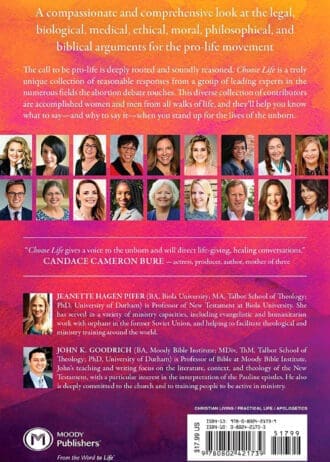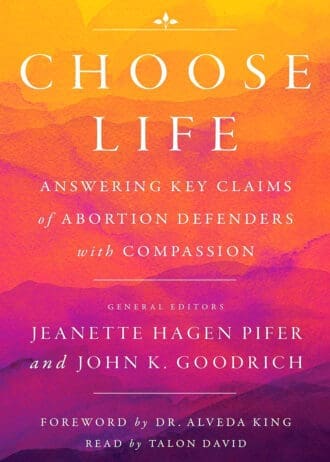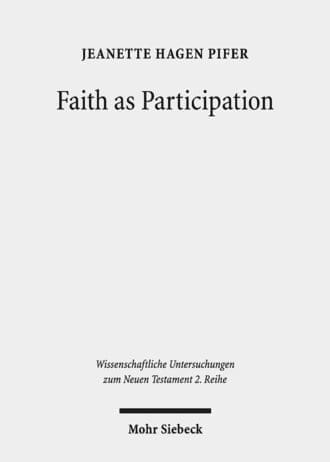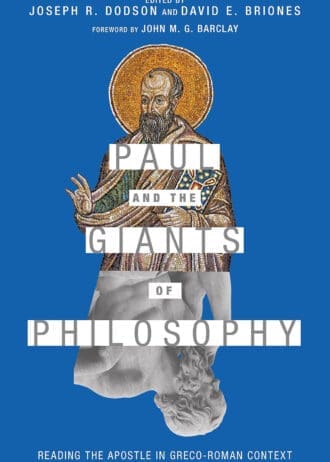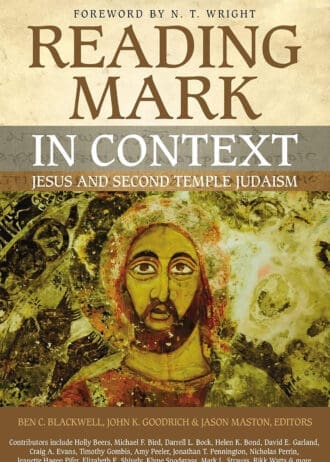Choose Life: Answering Key Claims of Abortion Defenders with Compassion
You’re pro-life. But can you explain why? You already believe in choosing life. But when the counterarguments are coming at you from every angle—legal, biological, medical, ethical, moral, philosophical, and biblical—how do you defend the pro-life view? And as you defend it . . . how do you speak with wisdom, humility, and compassion? Now more than ever, the times call for a balance of truth and mercy. There are good, wise, and thoughtful rebuttals of every claim made by pro-abortion advocates. Collected here in one place, Choose Life offers you reasonable responses from leading experts in their respective fields. The authors are accomplished women and men from all walks of life. It’s time to set aside the strident fist-shaking and hurled insults. Learn to make the pro-life case with intelligent arguments and compassionate love—just the way a Christian should.

